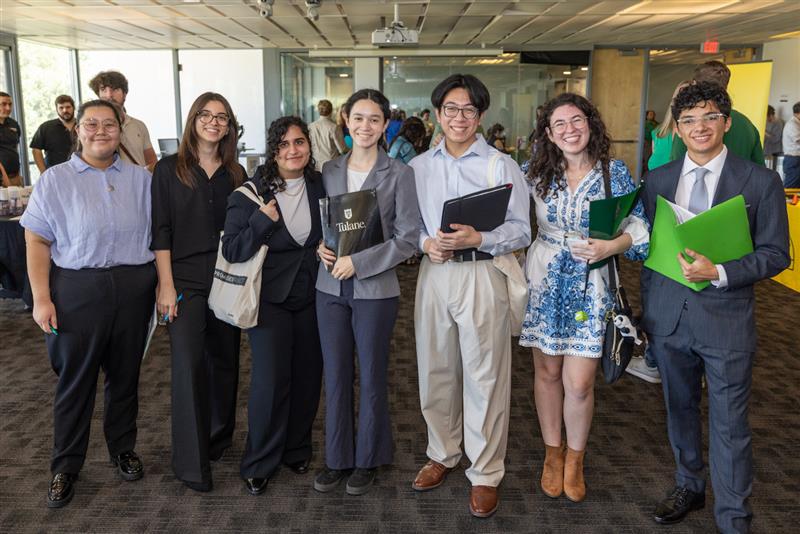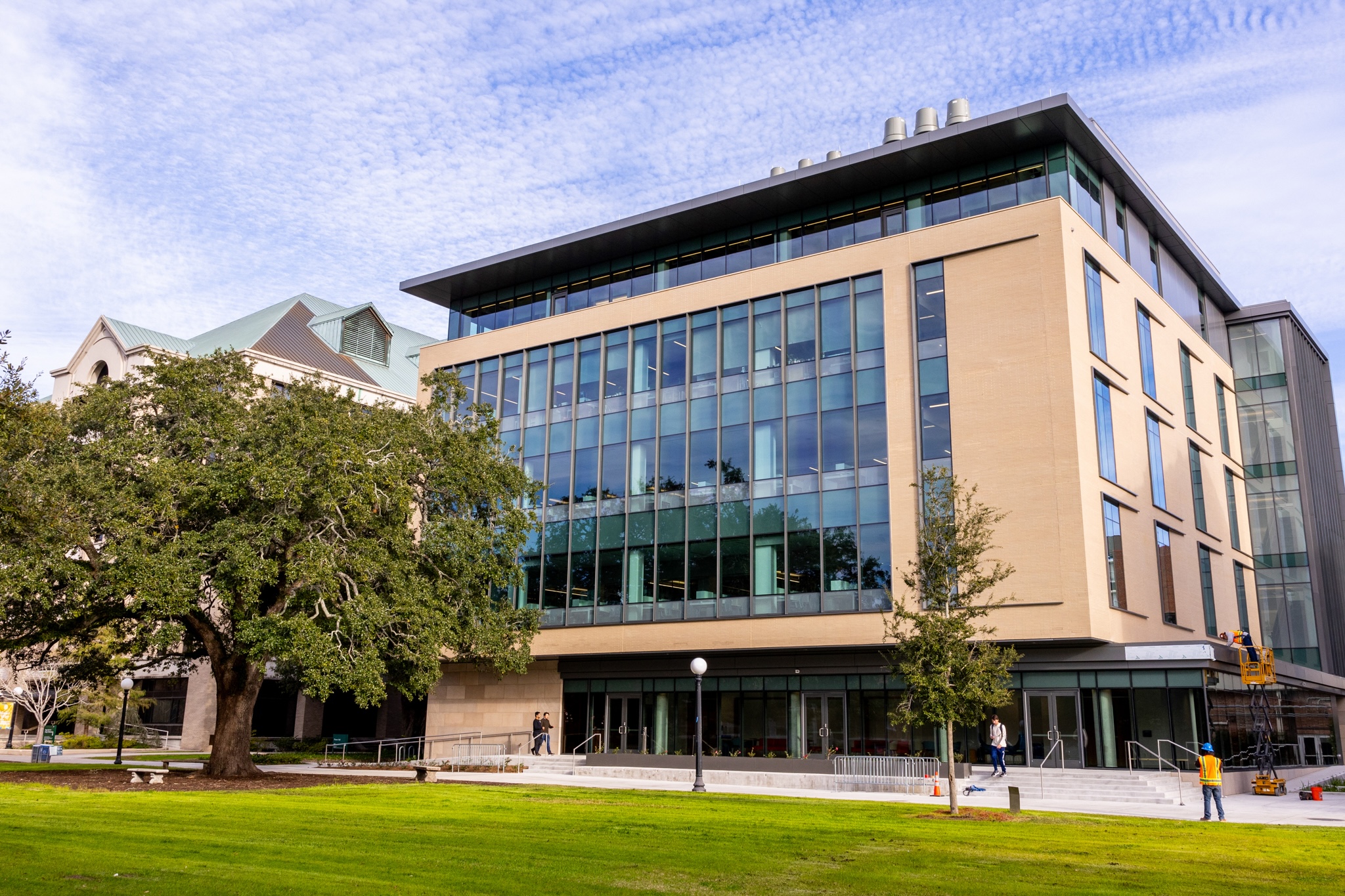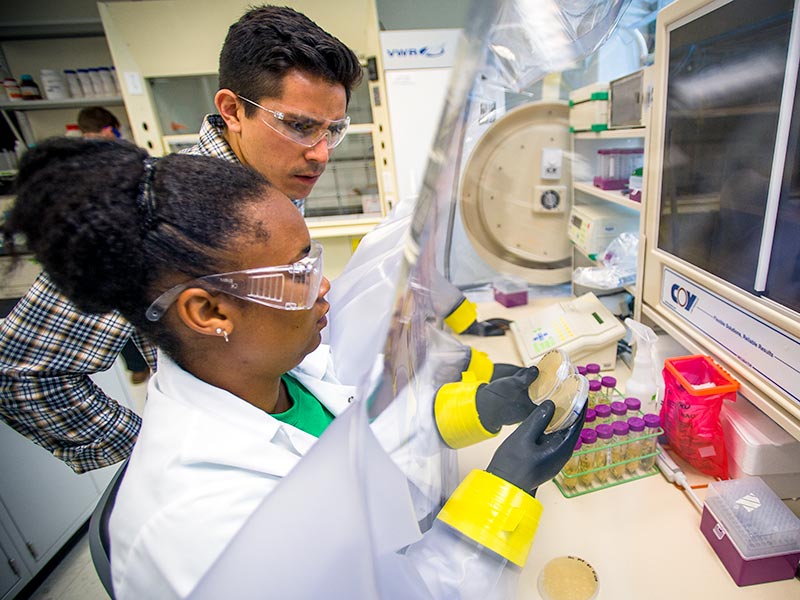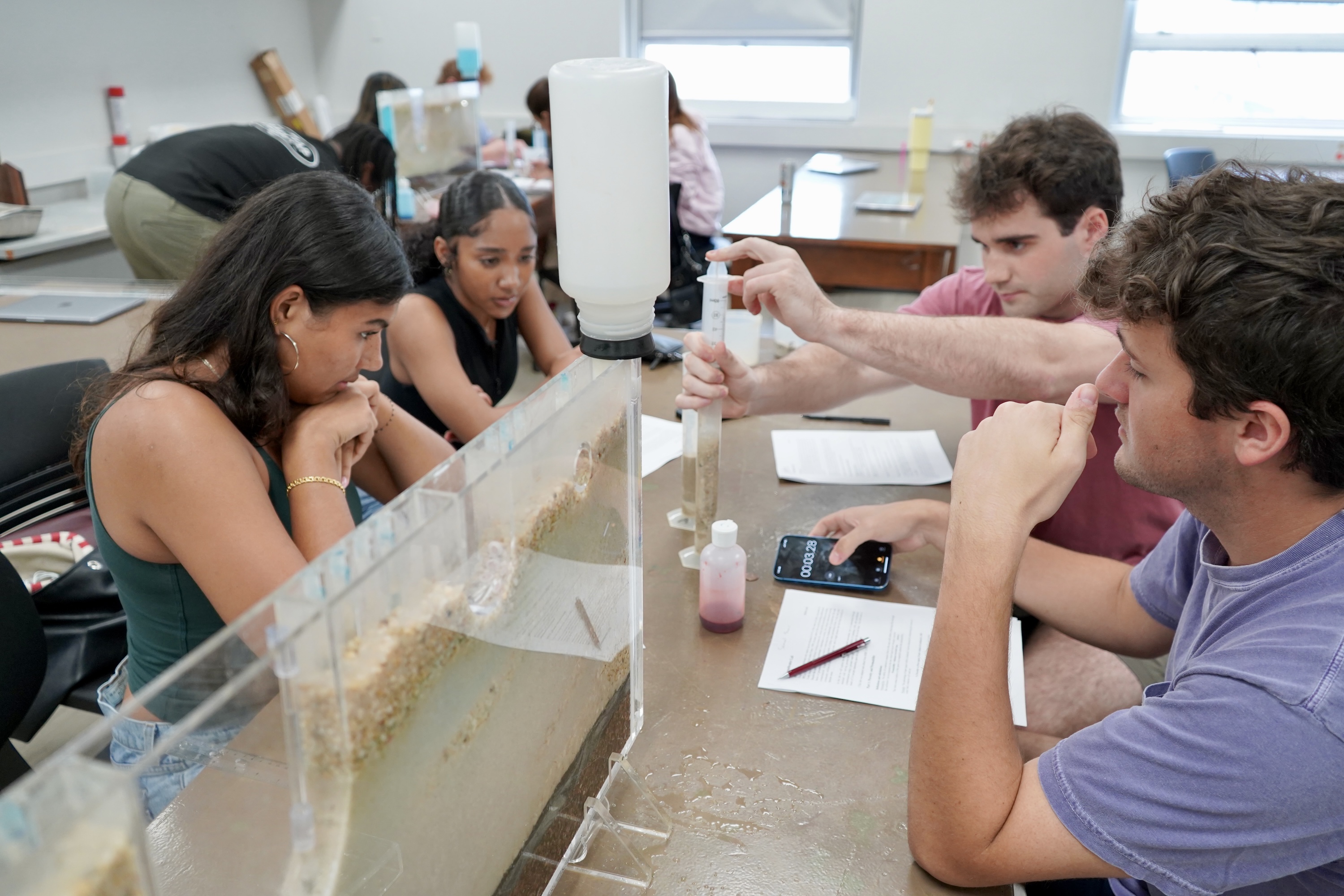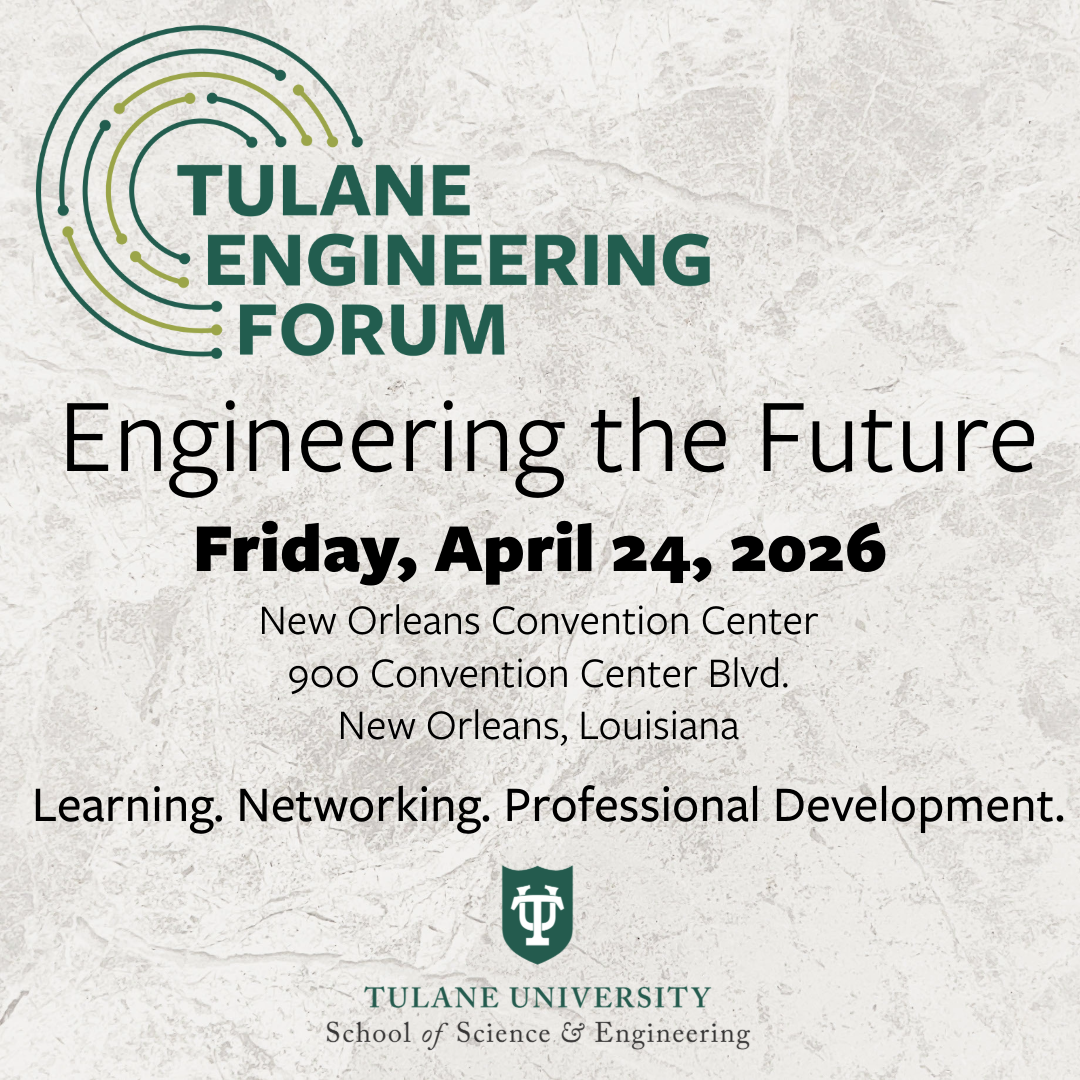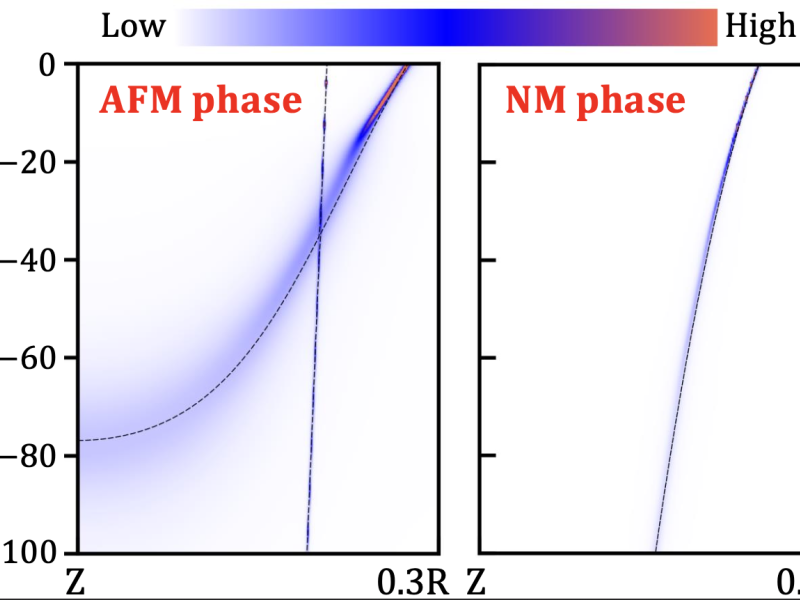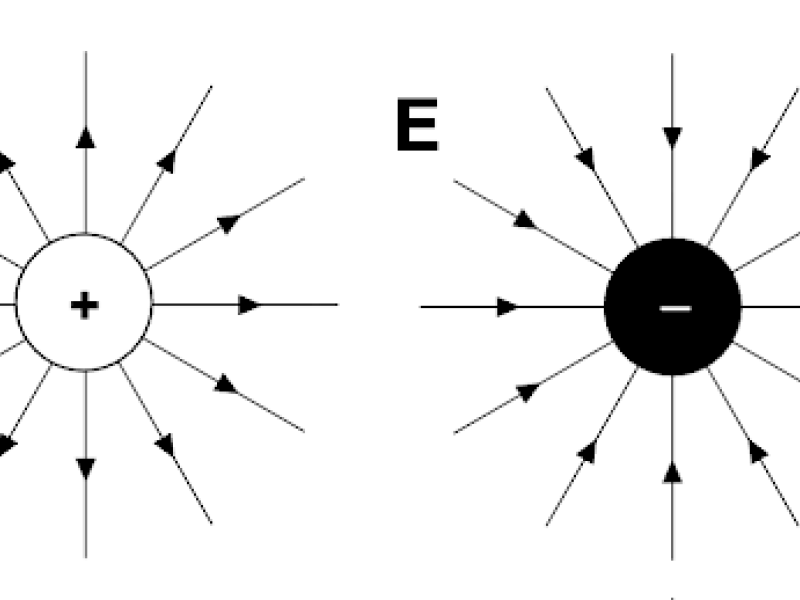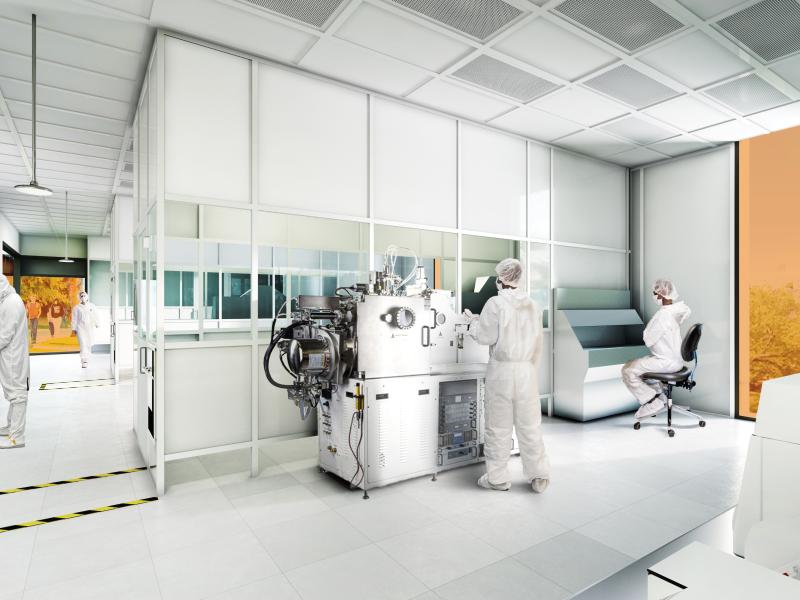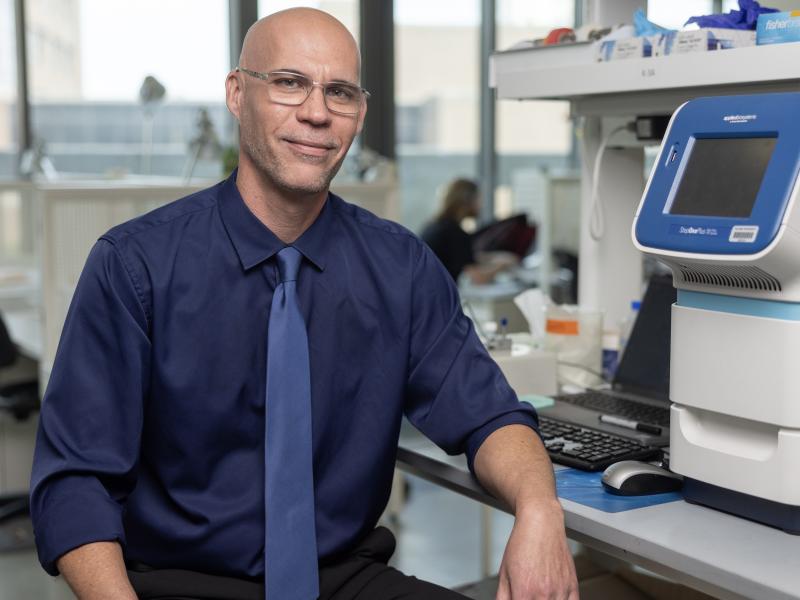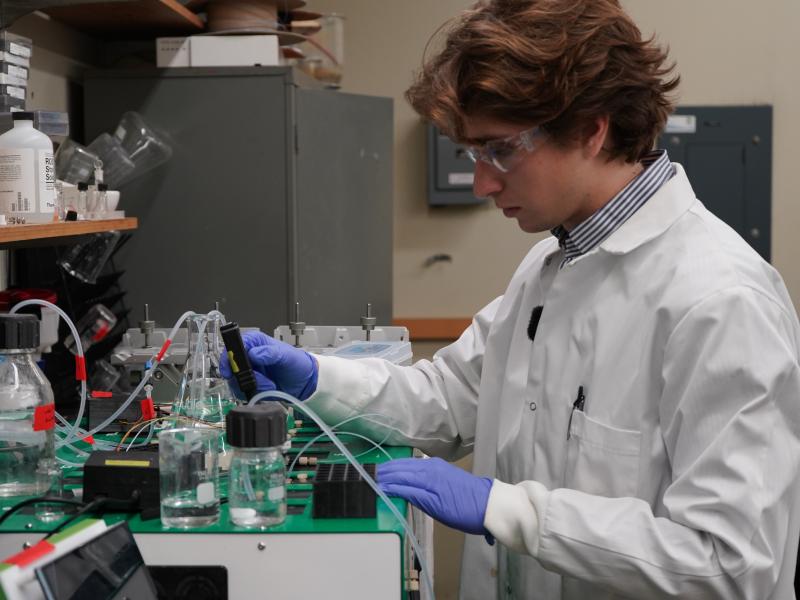Science and Engineering for Better Lives
Your Journey Starts Here
At the Tulane School of Science and Engineering, discovery doesn’t happen in isolation. Our students and faculty work across disciplines, apply knowledge in real-world settings, and engage deeply with the challenges shaping our communities and our planet — from coastal resilience and health innovation to data, materials, and emerging technologies.
Guided by close faculty mentorship and powered by hands-on research, SSE students learn by doing; in labs, in the field, and throughout New Orleans, a living laboratory for science and engineering.
Explore our undergraduate majors, master’s degrees, and Ph.D. programs to find where your journey begins.
Explore Our Academic Programs
Browse undergraduate majors, master’s degrees, and Ph.D. programs — and jump straight to the program that fits your goals.
No matches. Try a different search.
No matches. Try a different search.
No matches. Try a different search.
SSE in the Spotlight
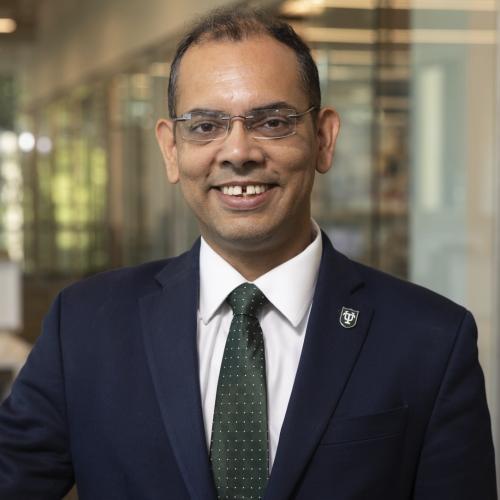
Science and Engineering for Better Lives:
OUR PLAN FOR THE NEXT 1,000 DAYS
Ambitious but Achievable
“Health, energy, climate, space, and AI are going to be defining the next two decades, and the School of Science and Engineering is a research, education, and outreach powerhouse in all of these areas.”
-Hridesh Rajan, Dean
By The Numbers
Degree Programs
in New Research Grants
Undergraduate Students
Why Engineers Keep Coming Back: Tulane Engineering Forum
The Tulane Engineering Forum brings together engineers, industry leaders, faculty, and students for a day of collaboration, innovation, and real-world problem solving. In this video, attendees share why they return year after year — from meaningful networking and hiring opportunities to professional growth and powerful, community-driven conversations.
Whether you're earning continuing education credits, exploring new career pathways, or looking to ignite fresh ideas, TEF is your place to connect, learn, and move the field forward.
Discover more about the Tulane Engineering Forum and join us at TEF on April 24, 2026:
REGISTER FOR TEF 2026
Biden Cancer Moonshot at Tulane University
The university hosted the Bidens on our uptown campus as they announced that Tulane researchers will receive up to $23 million to develop an imaging system as part of the Biden Cancer Moonshot.
The imaging system developed by Tulane’s School of Science and Engineering will give doctors the ability to scan a tumor during surgery and determine within minutes whether any cancer tissue has been left behind.
“This announcement in support of Tulane’s cancer research by President Biden and Dr. Biden is a historic moment for Tulane,” Tulane President Michael A. Fitts said. “Tulane is a proud partner in supporting the goal of the Biden Cancer Moonshot. This advancement will save lives. The President and First Lady have been relentless champions in the battle to end cancer. Today, we are celebrating the results of their commitment.”
Congratulations to Tulane professors Dr. J. Quincy Brown and Dr. Brian Summa who are co-leads on the project.
